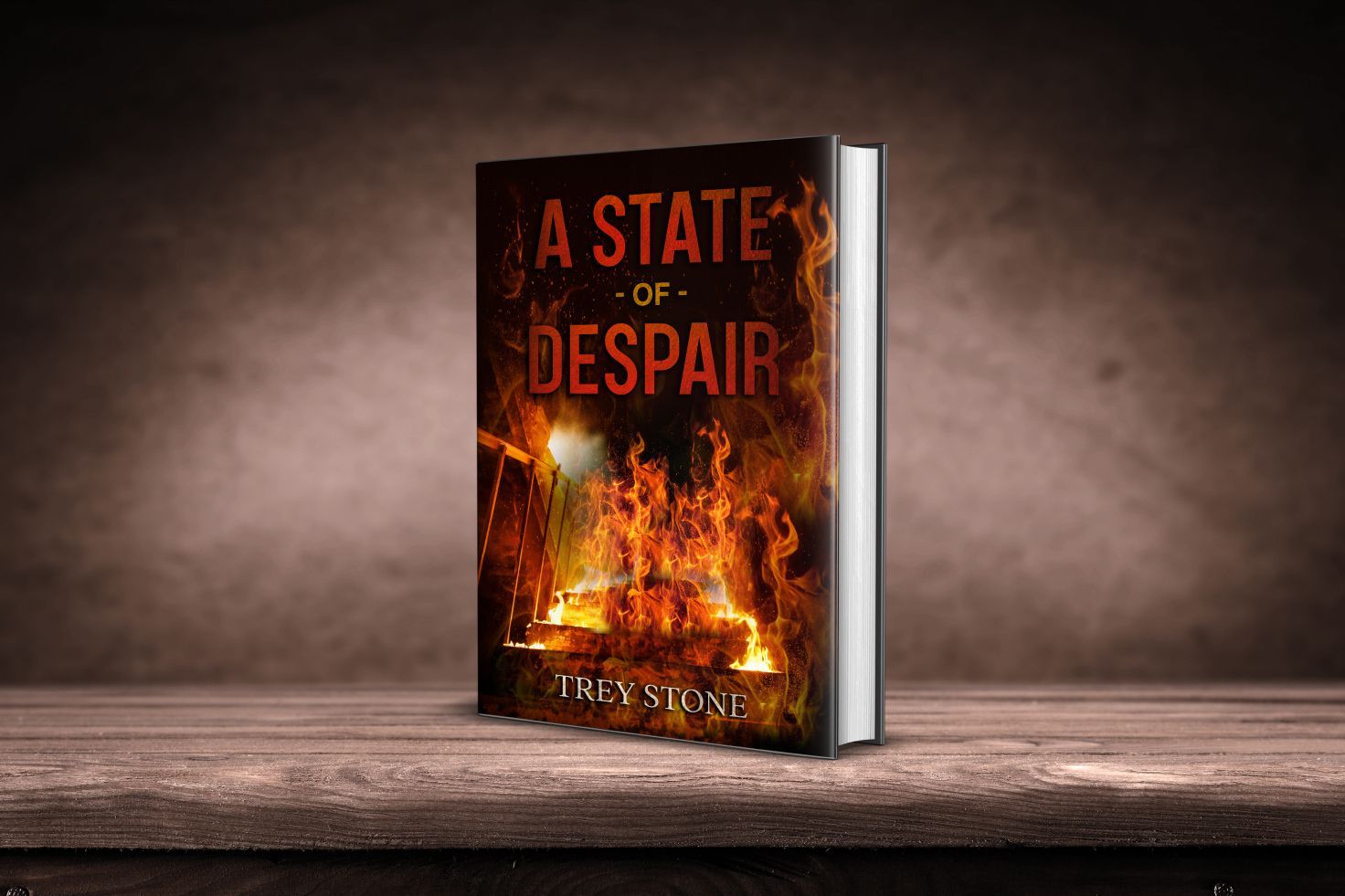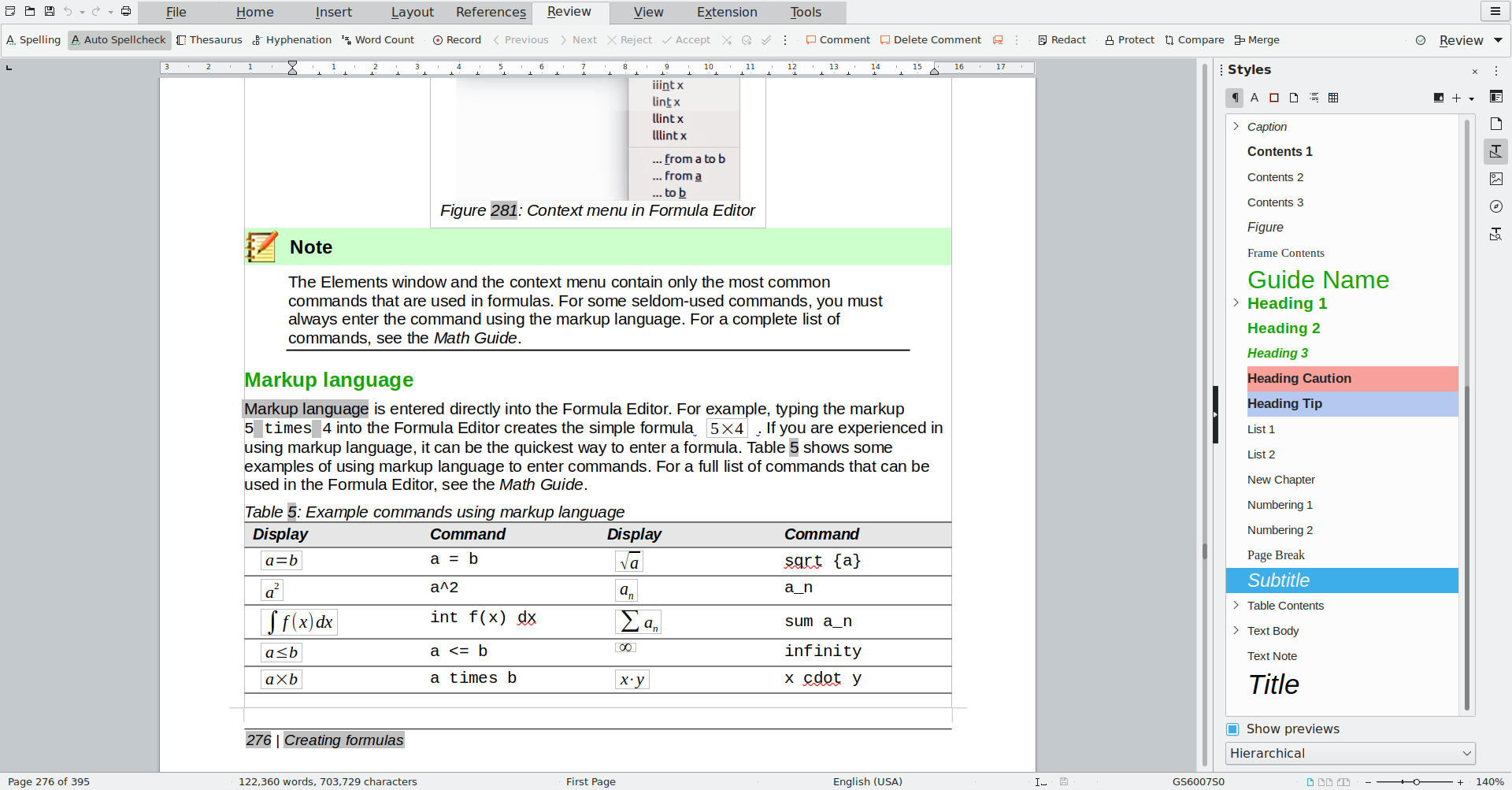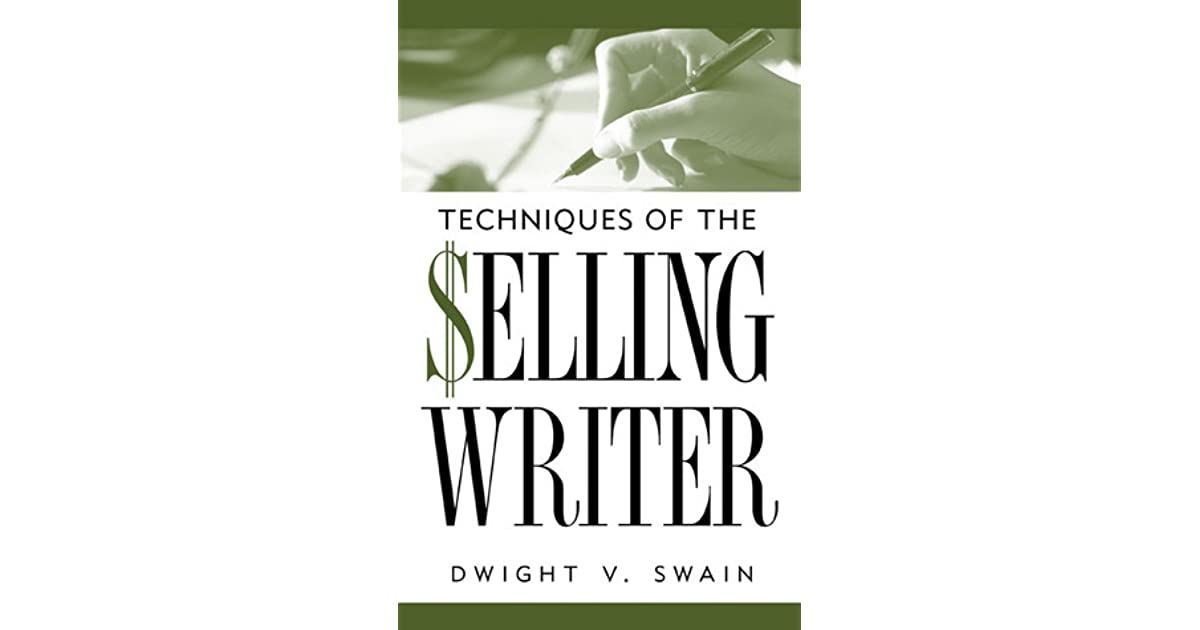12/ No more excuses
Quick tools to get you on your way.

This week, we are trying something new. I have invited my Norwegian friend of the newsletter and author Trey Stone to share his five favourite things this week.
I was fortunate enough to get an advanced reader copy of his upcoming book, A State of Despair, which you can pre-order now. Also be sure to visit his website, sign up to his newsletter, and follow him on Twitter.

1. Rainy Mood
Let's start easy with a little app and website. Whether it's for reading, writing, sleeping or just staying focused, I love the sound of rain. Unfortunately, it hardly ever rains where I live at the moment (a luxury, I know) but I really miss it.
Rainy Mood has got me covered with sounds of rain, thunderstorm and howling winds. I use the website most of the time, but you can even dial in how much you want of the different sounds and create your personal experience with the app (although not available in all countries).
2. LibreOffice
For decades, Microsoft Word has been my go-to word processor, but when I suddenly messed up my subscription one day and was locked out of editing any of my documents, I had to look elsewhere, fast. LibreOffice became my saviour, and I absolutely love it.
It has a full package of all the usual Microsoft Office software (word processor, spreadsheets, presentations), it reads a ton of formats (and saves to them), and it has a lot of brilliant features that I love. Once you get the hang of it, you won't look back. Oh, and it's free and open source.

3. Writing Excuses
This is one of the best podcasts I've come across on writing, ever, and a few years ago, I would listen to it religiously. It's hosted by authors Brandon Sanderson, Mary Robinette Kowal, Dan Wells, and Howard Tayler, and it's super informative, funny and engaging. The perks of it being in podcast format are that you can work on your writing skills while also doing other stuff, like…a day job.
4. The Editor's Blog
I came across this blog when I tried to figure out how to write numbers in fiction. (Thirty-six? 36? December 1st? December 1? 1 of December?) I was editing my novel and suddenly realized I was all over the place. This blog gave me exactly the advice I needed, and the archives are FULL of great articles on how to do things when it comes to writing—highly recommended!
5. Techniques of the Selling Writer by Dwight V. Swain
Going to end this list with a book recommendation of what is my favourite book on writing. It's a bit long compared to others I've read, and perhaps a bit meticulous with its multiple examples and detailed explanations. Still, then again, you're definitely going to be left with a feeling of understanding what was said by the end of it.
Also, I had the sense that it wasn't talking down to me. Many of the concepts like plot, character motivation, conflict and all the things that make a good book were things I knew about but perhaps didn't completely understand. This book helped me do that.
It's a little bit dated, first published in the '60s if I recall correctly, but it's still so very relevant—except for how to set up a typewriter.

